Deflation is not seen in China at present and will not be seen in the next stage, an official said Tuesday, noting that market supply and demand remained basically stable despite slower price growth.
Deflation refers to a continuous fall in the general price level, often accompanied by reduced money supply and economic recession, said National Bureau of Statistics spokesperson Fu Linghui at a press conference.
"Generally speaking, deflation is not occurring in China," Fu said, citing a mild 1.3 percent year-on-year uptick in the consumer price index (CPI) and a robust 4.5 percent GDP expansion in the first quarter of the year, as well as a relatively fast growth of 12.7 percent in M2, a broad measure of money supply that covers cash in circulation and all deposits, at the end of March.
The spokesperson attributed the eased CPI growth rate in Q1 to a drop in food and energy prices, and a decline in automobile prices, among others.
Market supply and demand remained generally stable, Fu said, noting that China's core CPI, which does not include food and energy prices, climbed 0.8 percent from a year ago in Q1, and was up 0.2 percentage points from Q4 in 2022.
For the next stage, the prices will recover steadily and there will be no deflation concerns in China, Fu noted.
The CPI index is expected to stay at a low level in Q2 due to the high comparison base from the same period last year, according to Fu. He added that with influencing factors generally alleviated, overall prices will return to the normal level in the second half of the year.








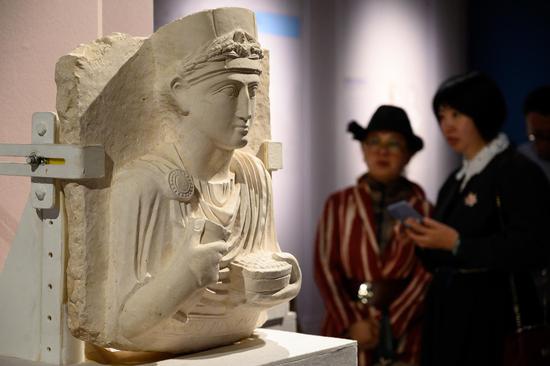

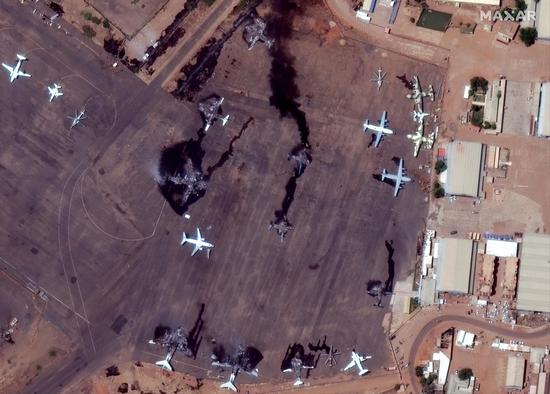

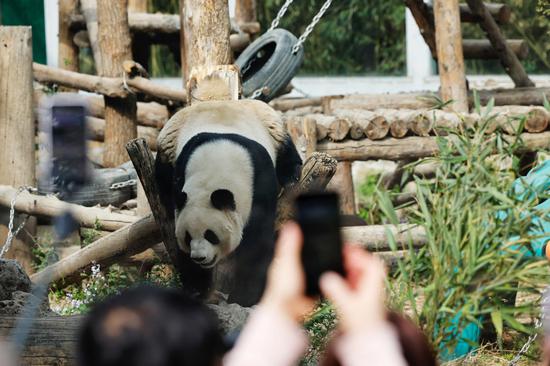
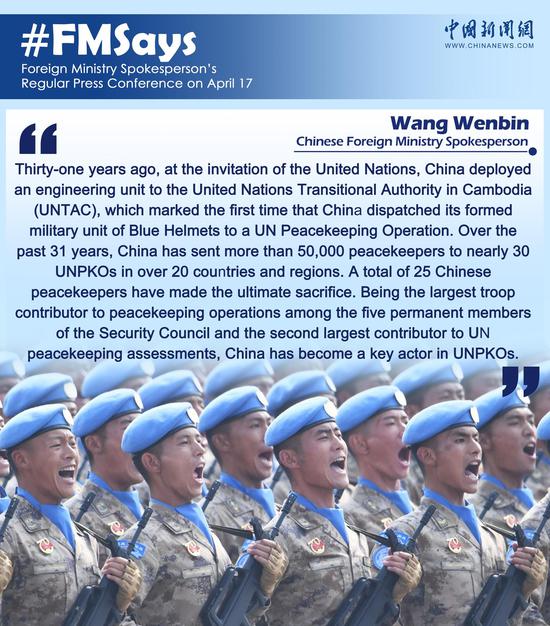

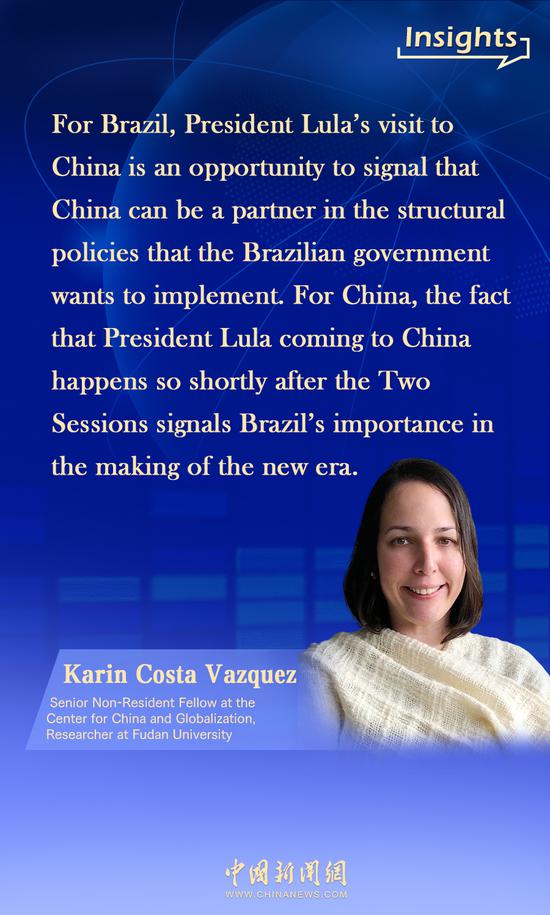



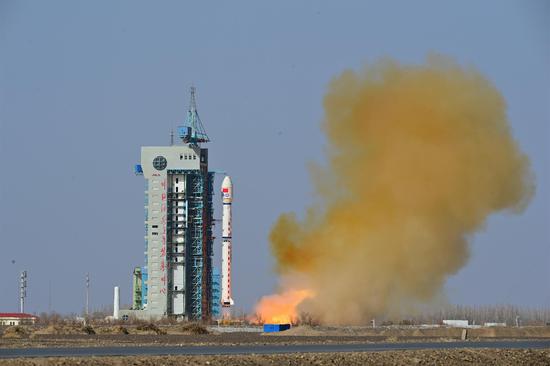

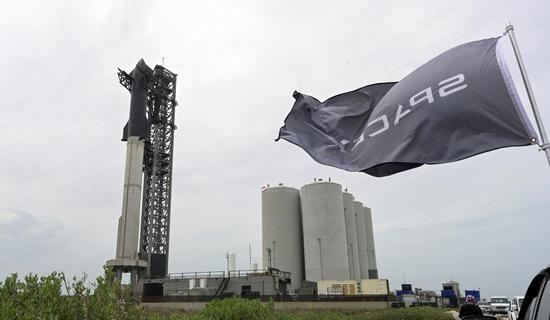


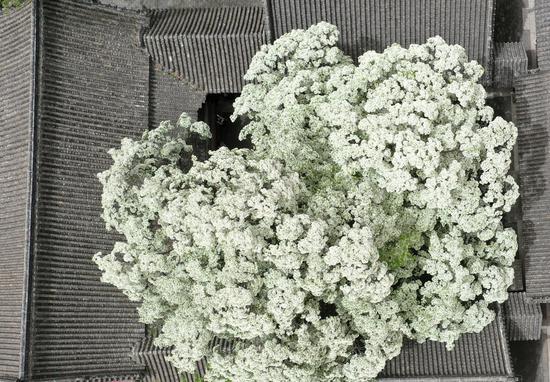
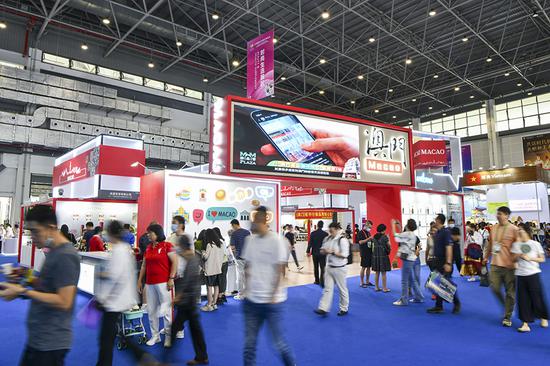


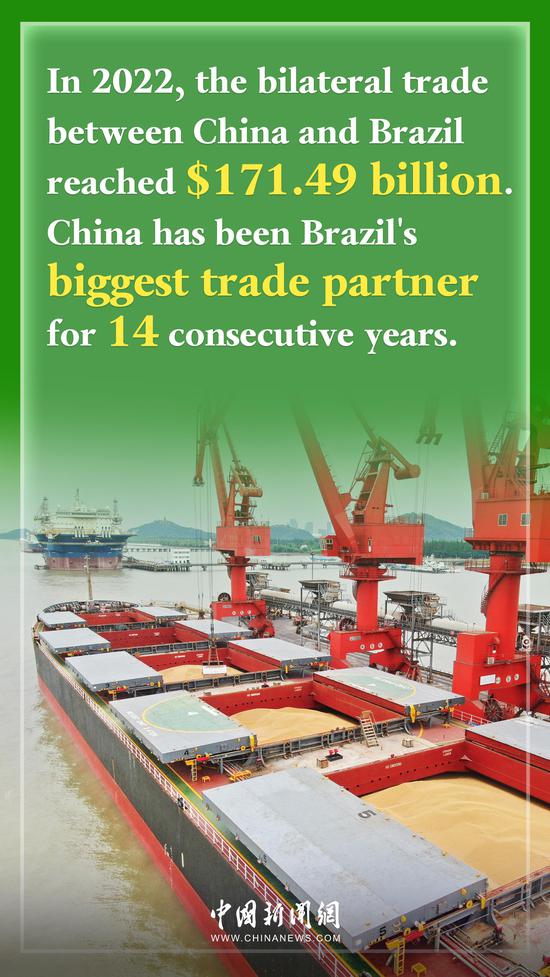
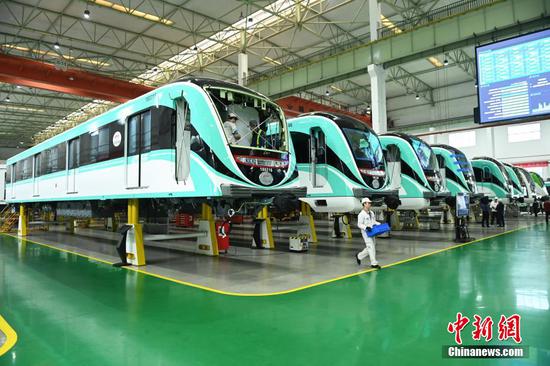




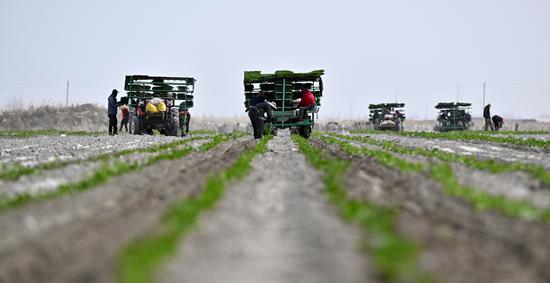

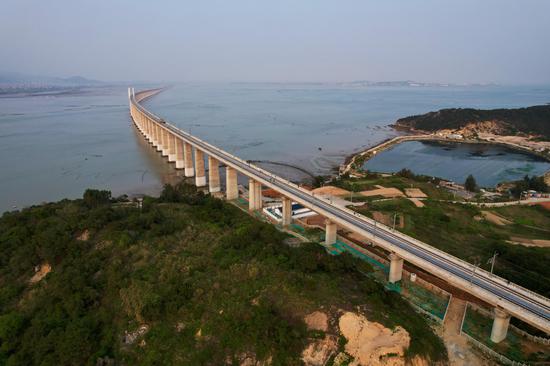
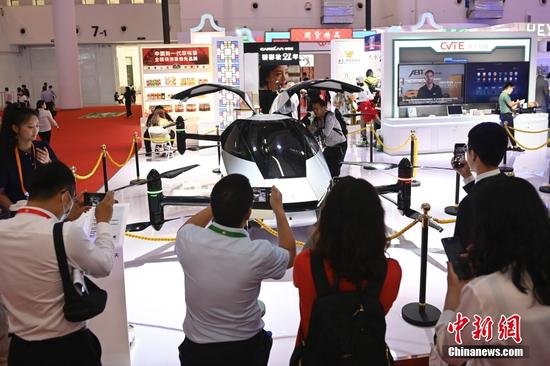

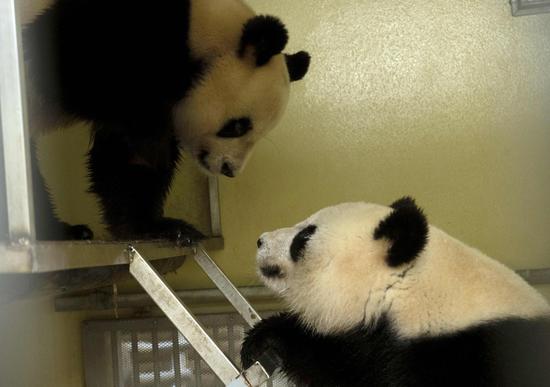
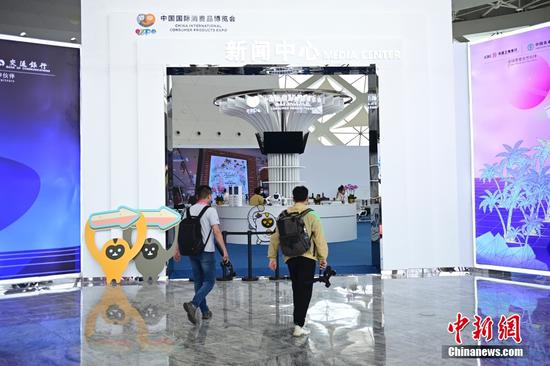

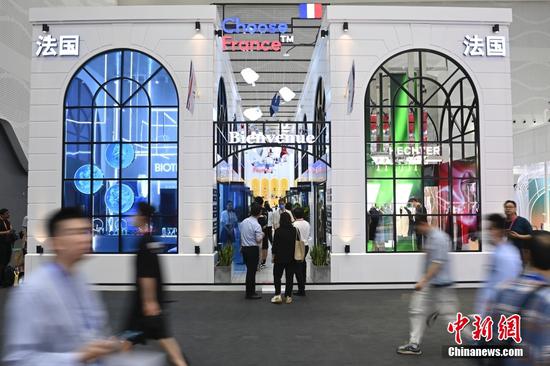







 京公网安备 11010202009201号
京公网安备 11010202009201号